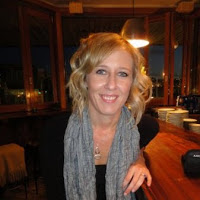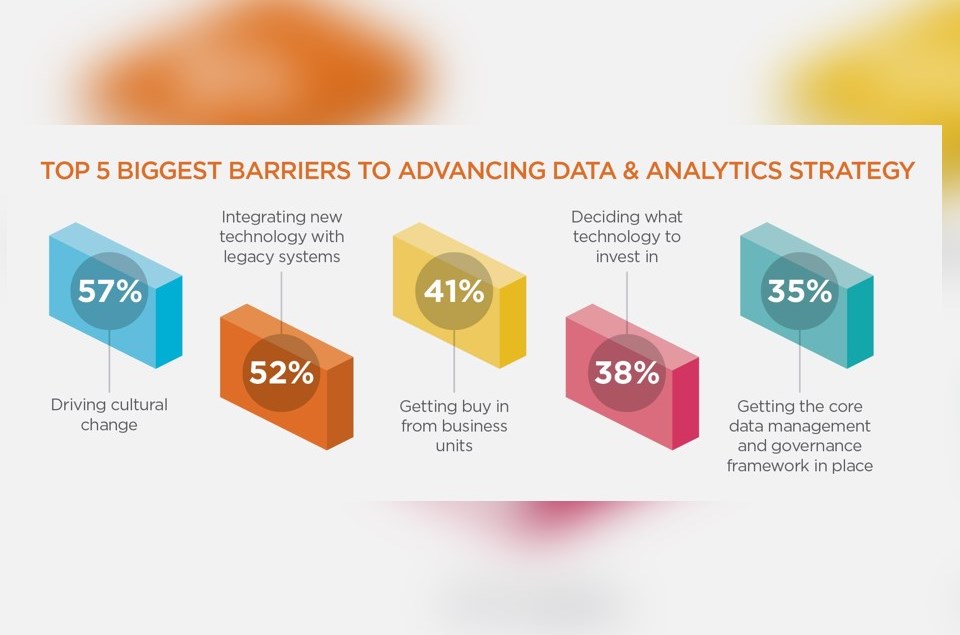During my research for the CDAO Public Sector event, I got the overwhelming sense that collaboration between government agencies and departments is only just starting to gain momentum in Australia, as many departments still function in a “siloed approach” when it comes to data sharing.
Dr Maria Milosavljevic, Chief Innovation Officer of AUSTRAC, which is Australia’s anti-money laundering and counter terrorist financing regulator and Financial Intelligence Unit, has presented poignant keynotes addresses at our recent CDAO events.
As the recently appointed Chief Information Security Officer at the NSW Government and previous appointment as the Chief Innovation Officer at AUSTRAC, Maria is a leading expert in the Australian Public Service. In her role at AUSTRAC, she was responsible for the Innovation, Information and Analytics Branch and was responsible for driving innovation across the entire organisation. She is at the forefront of the latest technologies, including artificial intelligence, computer science, machine learning and cognitive computing (to name but a few), and explores smart ways to use all these technologies to ensure that data is leveraged to its greatest extent.
AUSTRAC works strategically to ensure that terrorists are not funded from Australia – in essence, they “follow the money” to safeguard and secure Australia’s financial system.
In researching the incredible work Maria has done in the data analytics space, I came across an article on CIO (cio.com.au), where she posed a profound question that confirms my initial thoughts on this “siloed” culture I mention above:
She asked: “Why don’t we collect information once, and use it many times across agencies? The economies of scale from greater collaboration are enormous…Information intelligence goes unused with this sort of disparity because you can’t necessarily find what you are looking for…”
One of her key focuses is to increase collaboration and data sharing to counter-terrorism, so she firmly believes that “Terrorism and cybercrime are not just a government issue … they’re not just an Australian issue,” she said. “We are surrounded by physical boundaries – but criminals are not”.
Maria goes on to say that “Within our national border, we require more collaboration, but if we’re truly going to assess the risks, this can’t be done in isolation. There is a whole world out there, our borders do not define the threats we face.”
At at the CDAO Public Sector event, there will be a presentation on the best strategies to encourage government agencies to share data in order to fight counter terrorism, including:
- Building transformative relationships: whole of government and public private partnerships
- Collaborative alignment of goals across government and breaking down silos
- Introduction of the toolset needed to build a ‘social solution,’ sharing valuable information and know-how
To register your seat in the front row or to know more on the topic, visit https://cdaops.coriniumintelligence.com/.
By Charlene Cassie:
Charlene Cassie is the Conference Director for Corinium. For enquiries, email: charlene.cassie@coriniumintelligence.com










